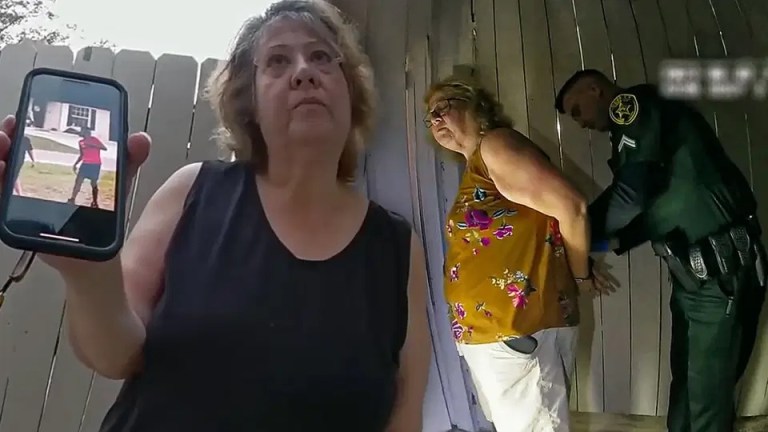
Leaving People Behind To Go Elsewhere

The film Love Actually opens with video footage from the arrivals gate at Heathrow Airport.
Filmmakers pulled the footage from actual airport cameras during this first scene, and it documents the joy of families, lovers, and friends reuniting after time — long or short — spent elsewhere. In a voiceover, Hugh Grant (who plays the film’s British Prime Minister) says with soft nostalgia that he thinks about this place whenever he becomes “gloomy about the state of the world.”
To him, the “fathers and sons, mothers and daughters, husbands and wives, boyfriends, girlfriends, and old friends” who rush towards one another at the arrivals gate indicate that “love is everywhere.” There is optimism in watching people come together. There is hope in knowing that connections don’t dissolve with time or distance, and people are always ready to reinstate relationships as they were.
I am more pessimistic than Hugh Grant’s character in Love Actually.
Airports, in general, inspire more gloom than they relieve for me. The arrivals gates at any of the airports I’ve ever visited have left me feeling slightly melancholic. Underlying the excitement of traveling somewhere distant, visiting old friends, or making new ones is the knowledge that arriving anywhere means leaving somewhere else.
It means leaving people behind to go elsewhere.
Most of that comes from the fear that I will never get to understand and connect with as many of the people in my life as I’d like before they fade out of my periphery as quickly as they came into it. Sometimes, this happens beyond my control — which makes it all the more terrible. When I’ve cared about someone, I don’t like the idea that they can remove themselves from my life so easily — with intention or not.
I’m afraid that people will relinquish the space that they once occupied in my heart and move on before I am ready or before I realize it. And that no relationship can be the same if left to burn by itself in the fire of the moment.
This fear deepens whenever I leave people in one place for any extended period of time, when I pack up my bags and fly elsewhere — for a few weeks or a few months. I have an irrational dislike of airports. I know I do. But the neat rows of terminals (B1, B2, B3…), the newspaper stands, and the mothers who ferry wailing toddlers and overstuffed luggage are not what gets me.
I don’t like airports because I don’t really do well with good-byes, even if they are only temporary.
Like the folk in Heathrow Airport, I can reinstate some relationships with ease. When I’m around certain people, I feel as though I have never left them — that “good-bye” is never really “good-bye” but rather “see you later.”
We can pick up from where we left off, feeling as comfortable around one another as if nothing has changed during the time we spent apart. We are excited to see one another. We laugh at the same jokes. We feel anxious about the same, old sources of insecurity. We remember the past, but we also move forward with one another. Our relationships withstand time and distance, ultimately aging with us.
Sometimes, certain relationships fall by the wayside when I leave them.
I come back and realize that they were predicated upon convenience and temporal ease of access. There was nothing there to begin with other than the superficial but I will never get the chance to break through the surface and find out who someone was at a deeper level. Knowing that makes me sad.
Sometimes, I don’t come back at all to certain places. Or I can’t, not before what I left changes into what I no longer recognize. The relationships I had in these places are, then, only relics — like the color of a dilapidated building I will never see again or the swerve of a sidewalk I will never walk again.
A year ago, I flew home after spending most of my summer in Paris. As I headed to the security checkpoint after checking my luggage, I walked past the arrivals area in the Charles de Gaulle Airport — the families rushing to envelop one another in great, big bear hugs; the lovers kissing with passion they didn’t bother to hide from anyone; and the students eagerly stepping onto foreign ground and ready to explore.
In roughly seven hours, I would be home. I would step off my plane at the Louis Armstrong International Airport in New Orleans. I would see my family. I would see my friends. I would get to sleep in my own bed and eat gumbo, thicker and spicier than the delicate cheeses and pastries I’d grown accustomed to while in France.
I wasn’t thinking about that, though.
I was thinking about the people I’d leave behind in Paris — who would soon become names and fuzzy memories and nothing more. ![]()











